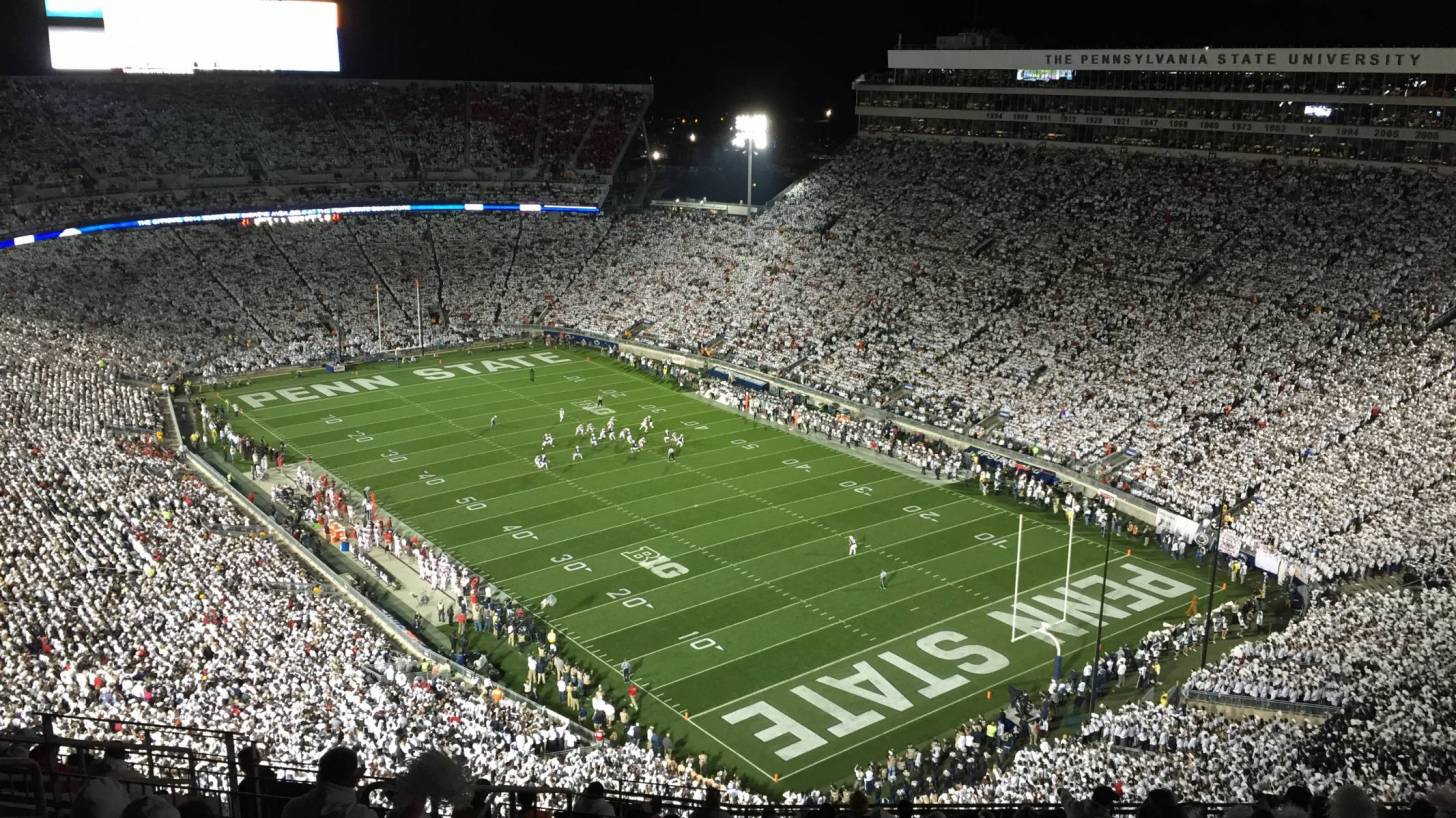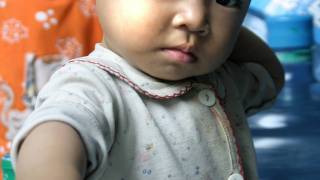Happy Valley Reports Additional Mumps Cases

Located in central Pennsylvania, the Penn State University Health Services (UHS) reported additional mumps cases near the University Park campus.
According to UHS, there have been 9 new mumps cases reported since May 1, 2018.
Since January 2018, 31 mumps cases have been linked to the campus.
All of the identified mumps cases have had at least 2 and in some cases 3 doses of the measles, mumps, and rubella (MMR) vaccine.
This announcement is important because the Pennsylvania Special Olympics and Penn State summer camps are expected to bring large numbers of visitors to campus shortly.
Which means, according to UHS and the Centers for Disease Control and Prevention (CDC), those who do not have presumed immunity to mumps are urged to take precautions to avoid exposure to people who may be ‘shedding’ the mumps virus.
An infected person can spread the virus by coughing, sneezing, or talking, and sharing items, such as cups or eating utensils, with others, and touching objects or surfaces with unwashed hands that are then touched by others.
The CDC published revised recommendations for use of a 3rd dose of MMR vaccine for people identified as having an increased risk such as those who are in prolonged, close-contact settings like college campuses.
Since the incubation period for mumps is 12 to 25 days, people exposed to someone with mumps could be infectious, and not be aware of the virus, says the CDC.
People most at risk for the mumps virus are those who have not been fully immunized, including infants and young children who are not yet old enough to be fully vaccinated, and those with compromised immune systems, making them more susceptible to infection.
Also, by college age, the vaccine-induced immunity of previous vaccinations may have started to fade, making this population more vulnerable.
A new study from the Harvard T.H. Chan School of Public Health school found that vaccine-derived immune protection against mumps persists an average of about 27 years after the last dose.
These researchers estimated that 25 percent of people in the U.S. vaccinated against mumps may lose protection within 7.9 years, 50 percent within 19 years, and 75 percent within 38 years.
Which means, in addition to the recommended 2 doses of mumps vaccine early in life, a 3rd booster shot may help sustain immunization among adults.
“Knowing that protection wanes in the long term can help inform how we deploy vaccines to prevent or contain future outbreaks,” said Joseph Leonard, a postdoctoral research fellow at Harvard Chan School.
Recent mumps outbreaks, including on college campuses, began occurring among vaccinated adults around 2006 and have continued during 2018.
From January 1 to April 21, 2018, 45 states and the District of Columbia have reported mumps infections in 923 people to CDC.
Recently, there have been several mumps outbreaks near the Penn State campus, including:
The MMR-II and ProQuad vaccines both contain the protection for mumps, as well as protection against measles and rubella. ProQuad additionally protects against varicella.
Most pharmacies offer MMR vaccination services.
The CDC Vaccine Price List provides private sector vaccine prices for general information.
Vaccine discounts can be found here.
Vaccines, like any medicine, can have side effects, says the CDC. You are encouraged to report negative side effects of vaccines to the FDA or CDC.
Our Trust Standards: Medical Advisory Committee


























